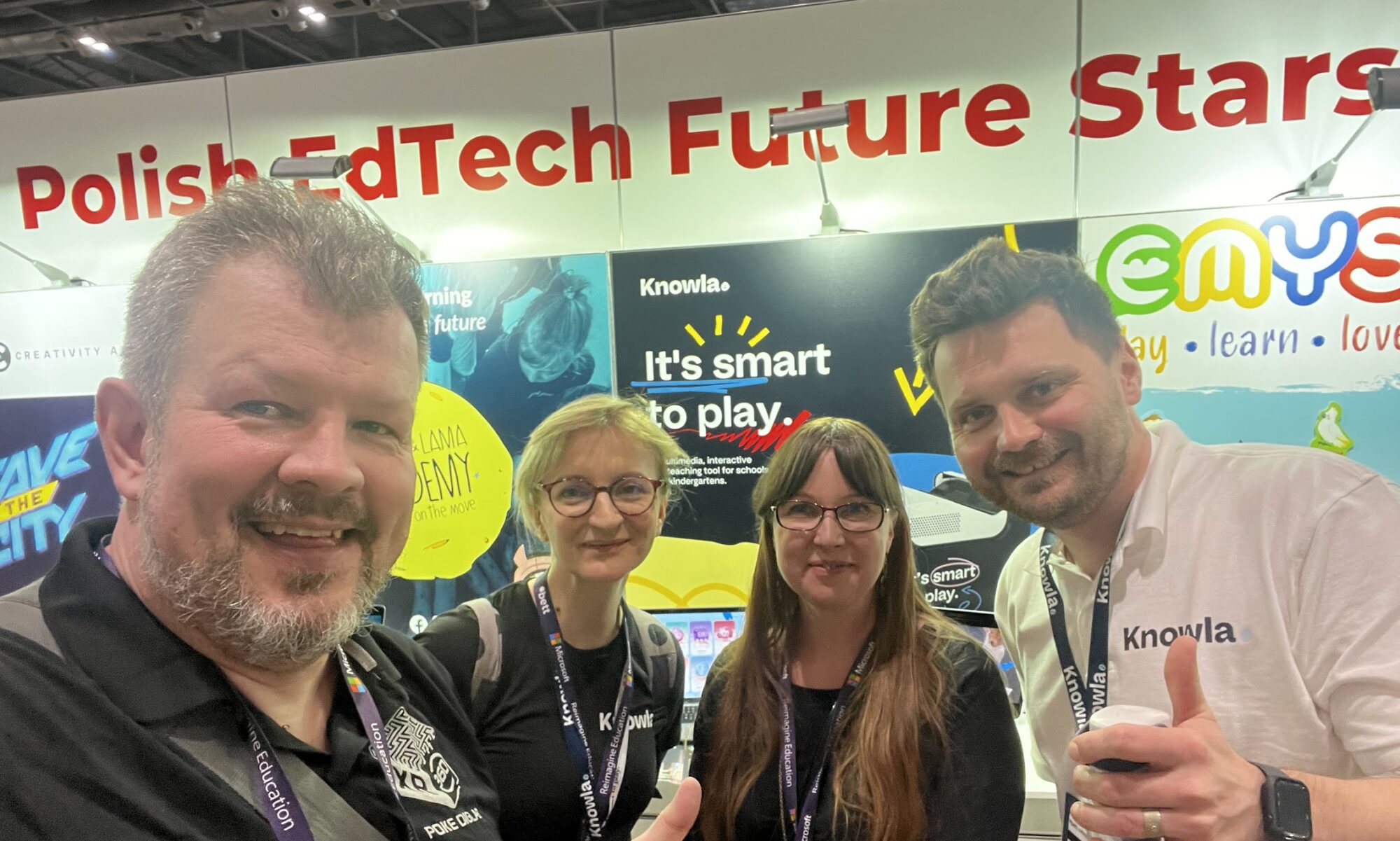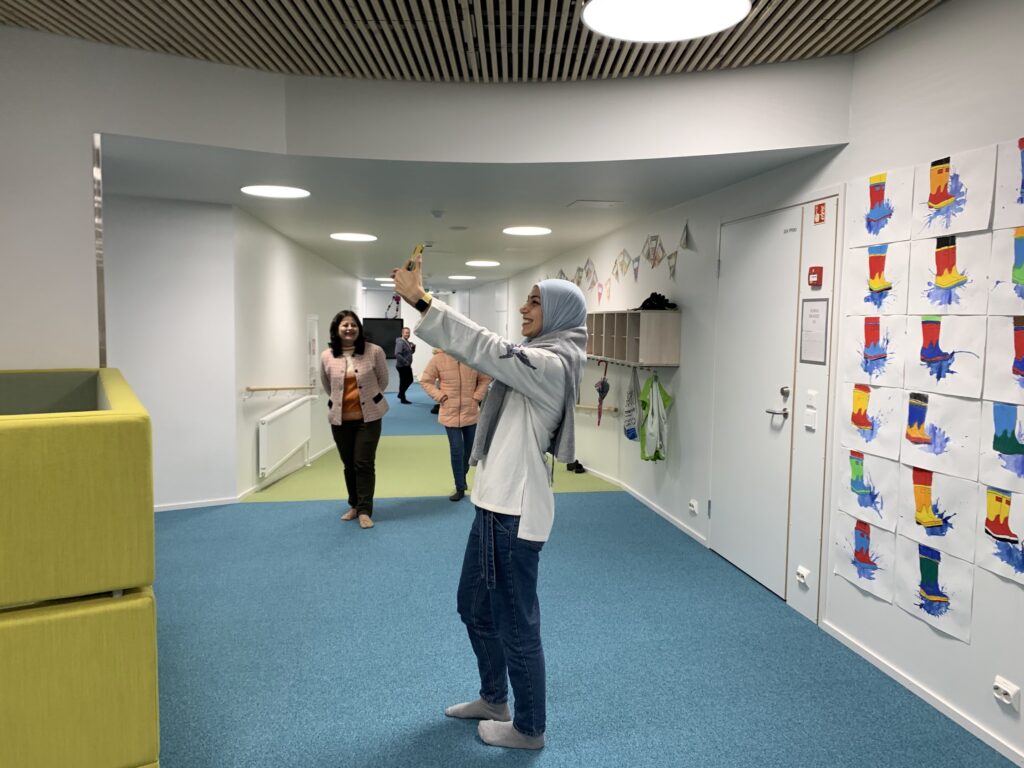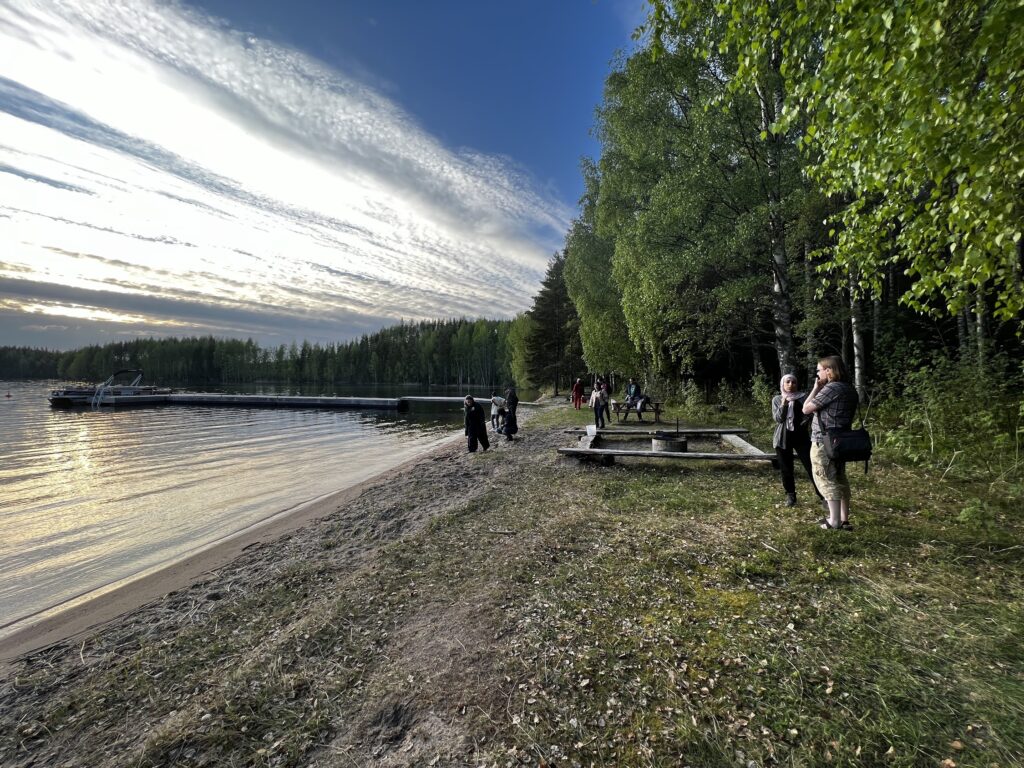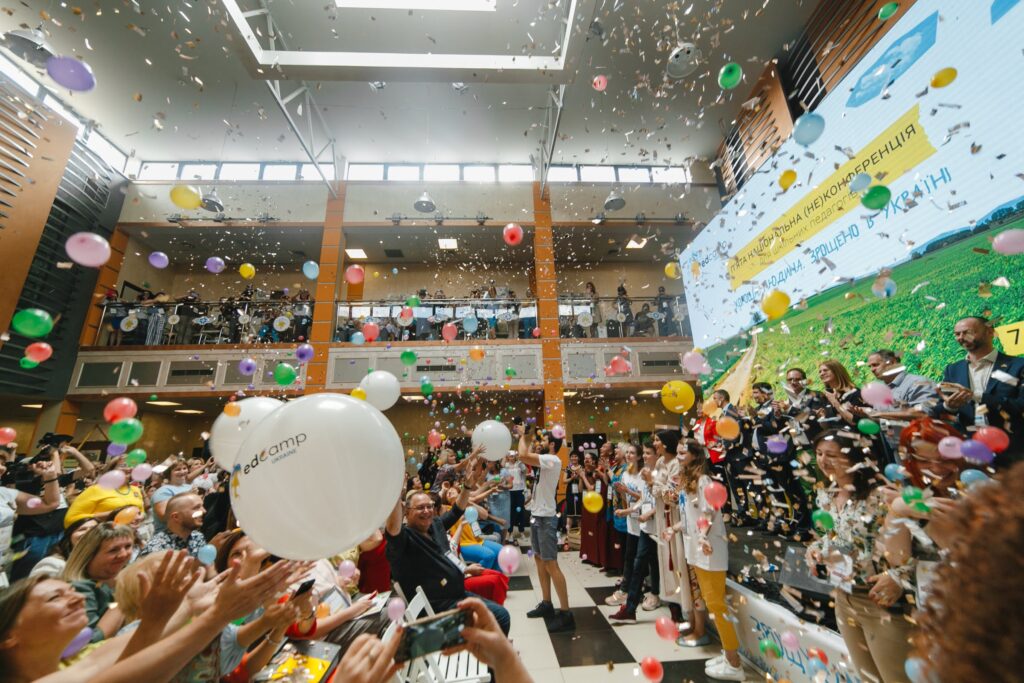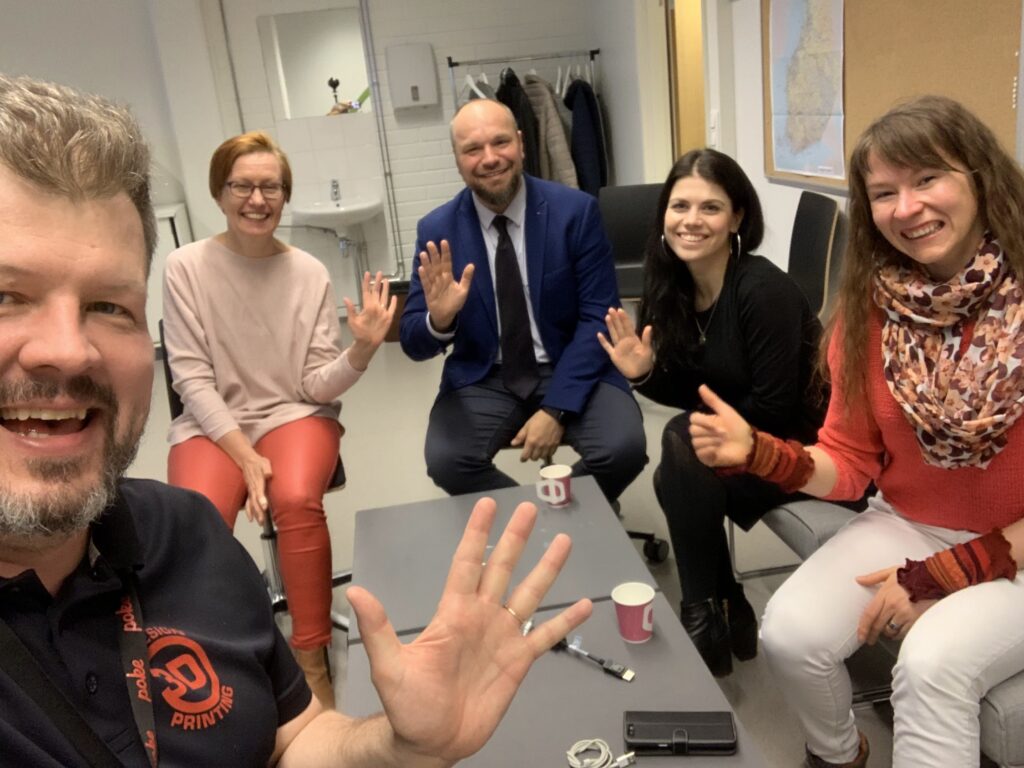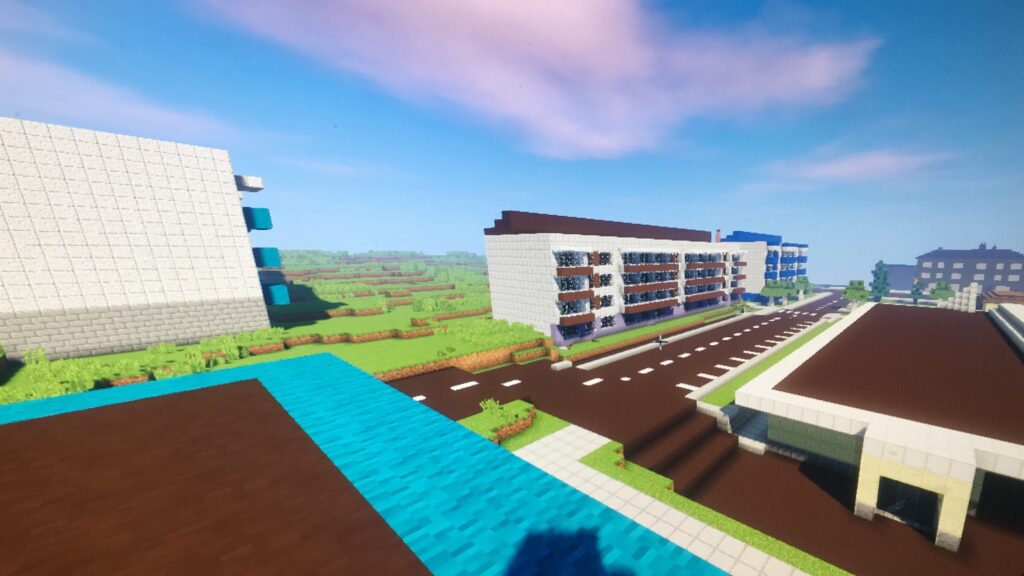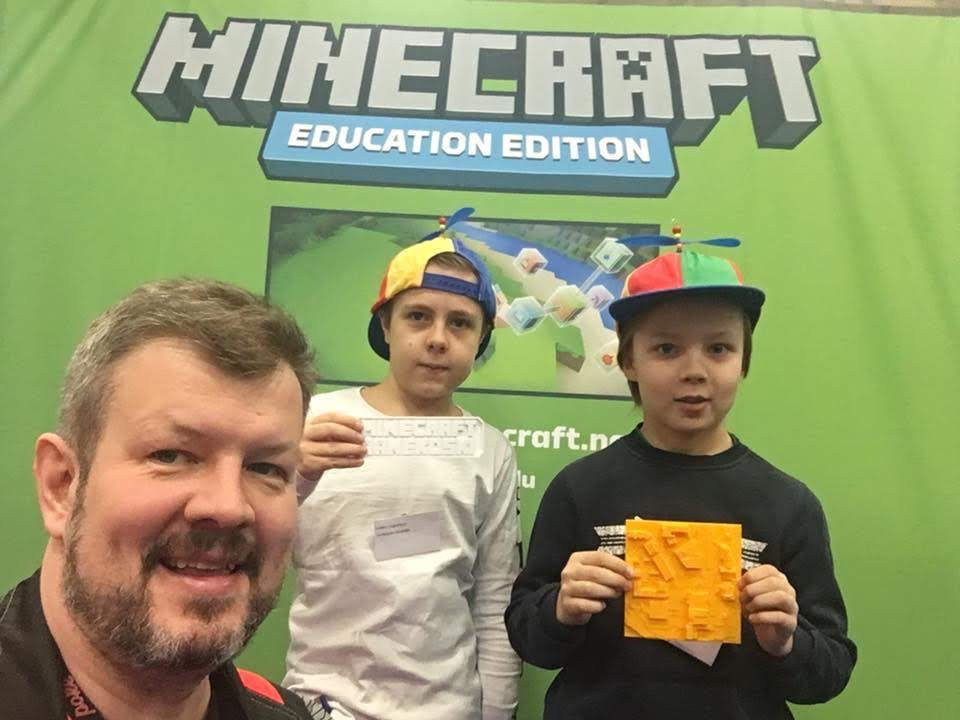Last week at the Beit Dan Cultural Center in Kharkiv, the energy was palpable as educators, innovators, and digital pioneers gathered for EdCamp Ukraine 2019. Over the span of six days, from July 5 to July 10, the event unfolded as a vibrant exploration of how modern information technologies can transform our schools—and, indeed, our lives.
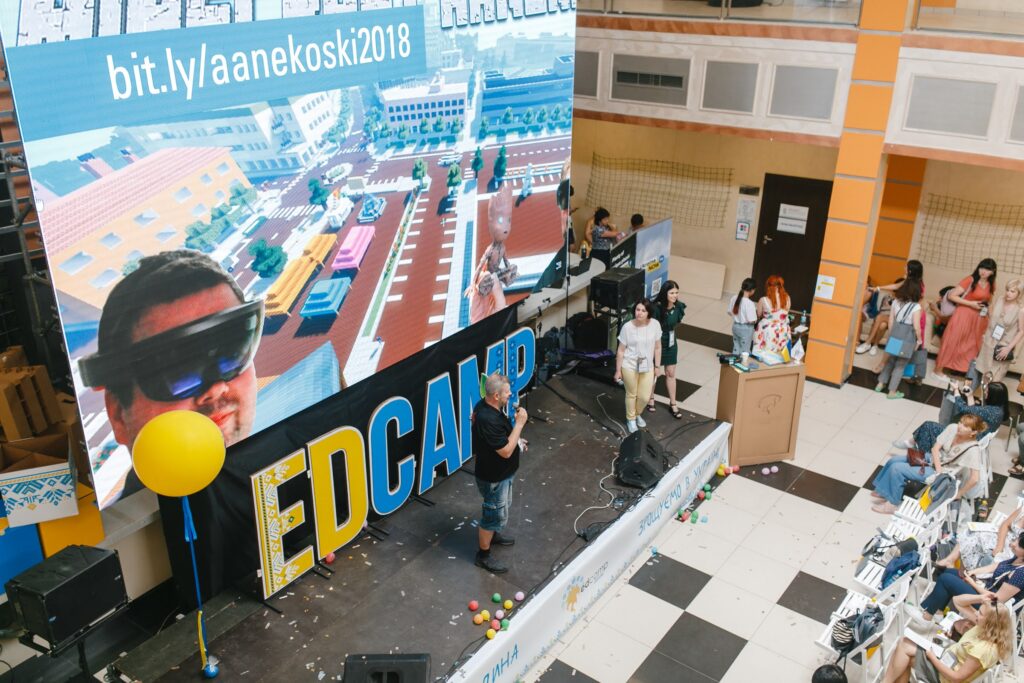
The day kicked off with an inspiring keynote session led by the dynamic duo, Pekka Ouli and Ianina Sivakova. Their presentation, “Can We Heal with VR?” captivated the audience with a blend of science and vision. Drawing on historical breakthroughs by Hunter Hoffman and David Patterson in 1996, they revealed how immersive virtual reality, originally pioneered for pain control, has evolved into a tool with far-reaching applications—from alleviating the burden of dementia to teaching us about our own fears. The session not only highlighted the science behind VR but also showcased real-world examples where VR is making a difference, such as its use by summer workers in the city of Äänekoski and its integration into creative learning projects through platforms like Thinglink. Ianina, known as a Thinglink Ambassador and a passionate advocate for digital learning, underscored how these technologies are reshaping language studies and interactive learning environments.
Later, the interactive session “HOW TO LEARN FUTURE IN DIGILAB,” also led by Pekka Ouli and Ianina Sivakova, took center stage. Divided into four engaging parts, the session encouraged participants to envision the skills needed for the workforce of 2002–2030. Through dynamic discussions, collaborative brainstorming on Padlet, and practical exercises, educators debated which professions have vanished over the past 20 years and which will emerge in the next two decades. The session seamlessly blended theory with practice: from exploring immersive learning environments within Digilab to simulating real-world tasks like creating VR 360 content for travel information about Äänekoski. Participants were not only tasked with identifying the skills of the future but also challenged to design actionable plans to integrate these skills into their teaching methods.
The event also highlighted several inspiring case studies. Juuso’s journey into launching a Minecraft workshop business, Toni’s transformation from student to coach using DJI drones, and the collaborative virtual reality showroom project with John Deere—all served as tangible examples of how innovative educational practices are taking shape around the world. International collaborations were a recurring theme, with discussions about Erasmus trips to Poland and Portugal, participation in Microsoft E2 in Paris, and even Minecraft workshops that reached as far as India. These stories underscored a global commitment to sharing ideas and advancing digital education.
In the final “LETS DO IT” segment, participants rolled up their sleeves to put theory into practice. They worked with tools like Thinglink to transform 360 photos and videos from the event into interactive digital experiences, reflecting on their learning outcomes and sharing their creative visions with one another. This hands-on approach not only cemented the new ideas discussed but also showcased the true power of collaborative, experiential learning.
EdCamp Ukraine 2019 proved to be more than just a conference—it was a launchpad for future-ready education. Inspired by the groundbreaking ideas presented by Pekka Ouli and Ianina Sivakova, and invigorated by the collective energy of international eduheroes, I left the event feeling empowered and excited for the endless possibilities that lie ahead in digital learning.
I also look forward to future collaboration with Ukrainian participants as we plan our “Future Skills” project from Leader Viisari. This initiative will build on the innovative spirit of EdCamp Ukraine and push the boundaries of how we prepare learners for tomorrow’s challenges.
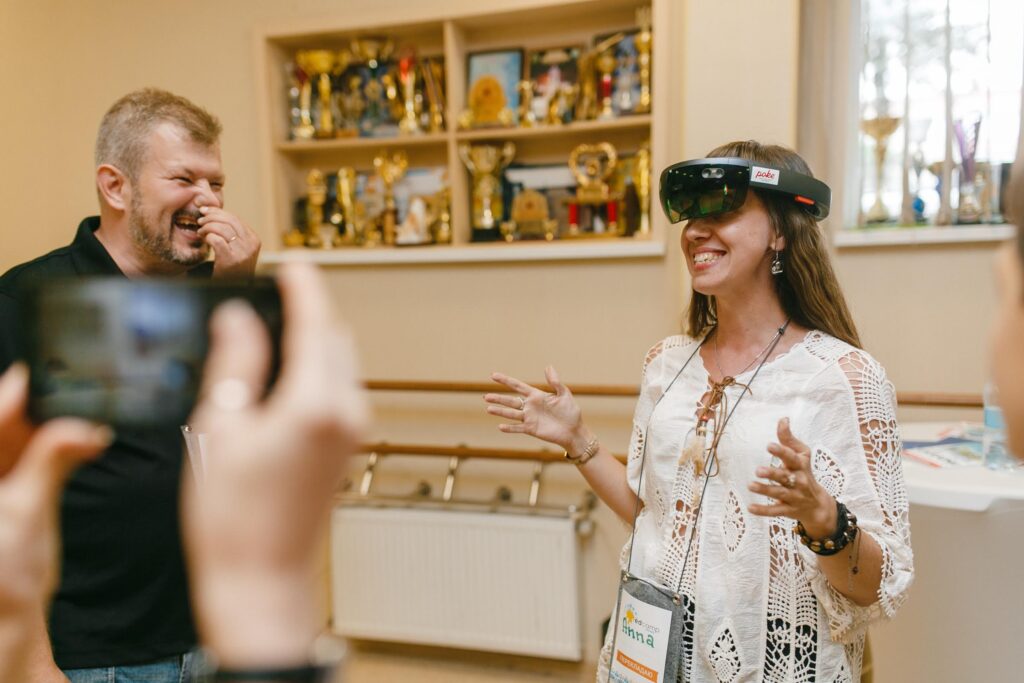

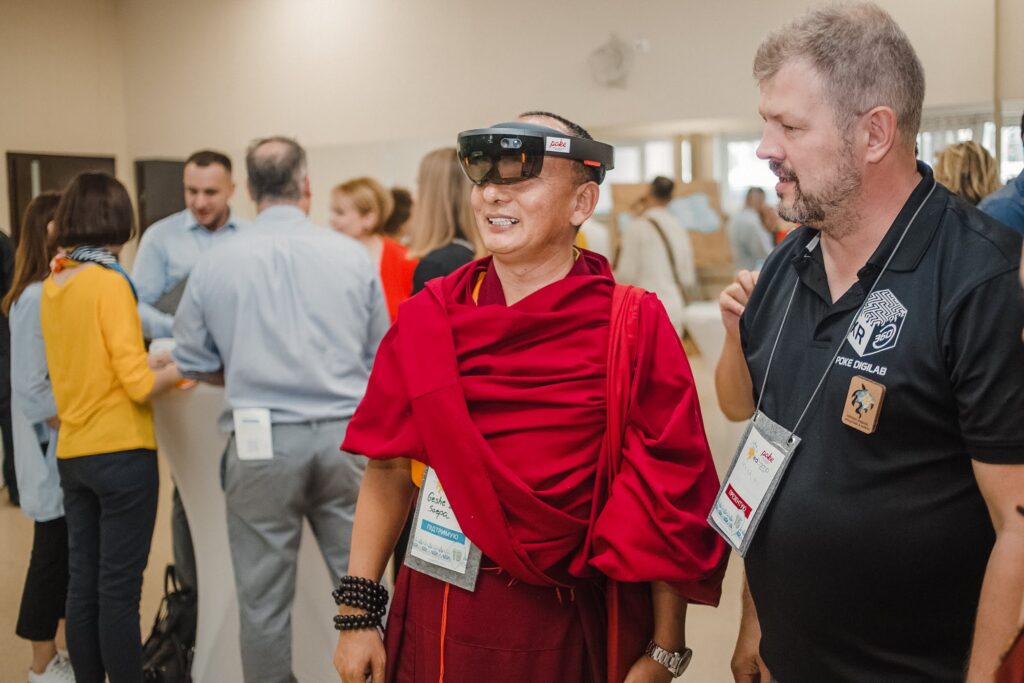
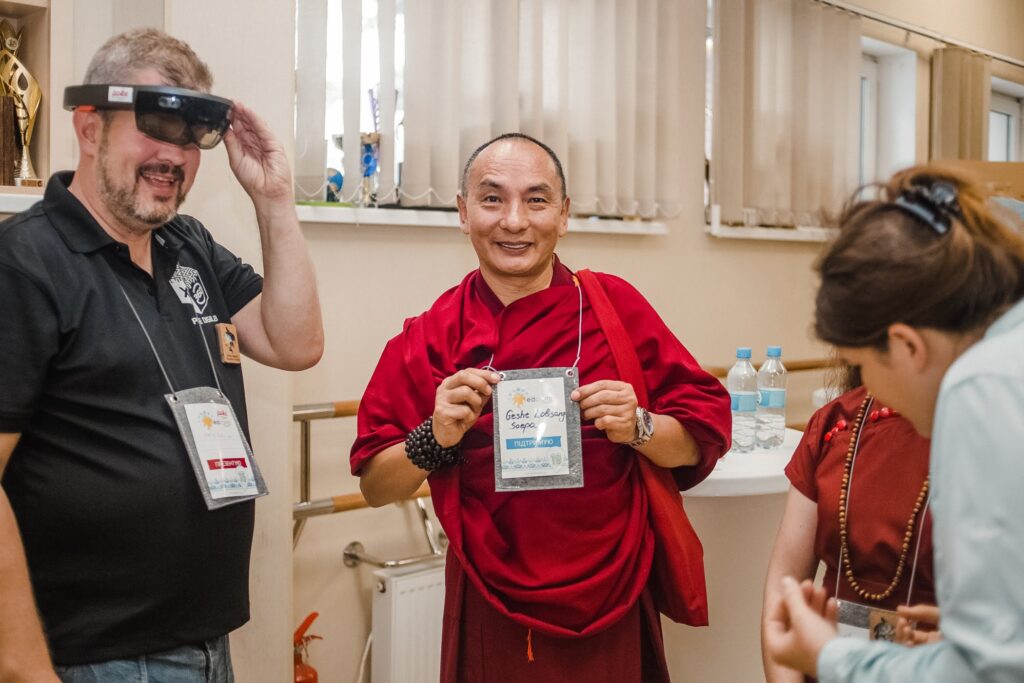
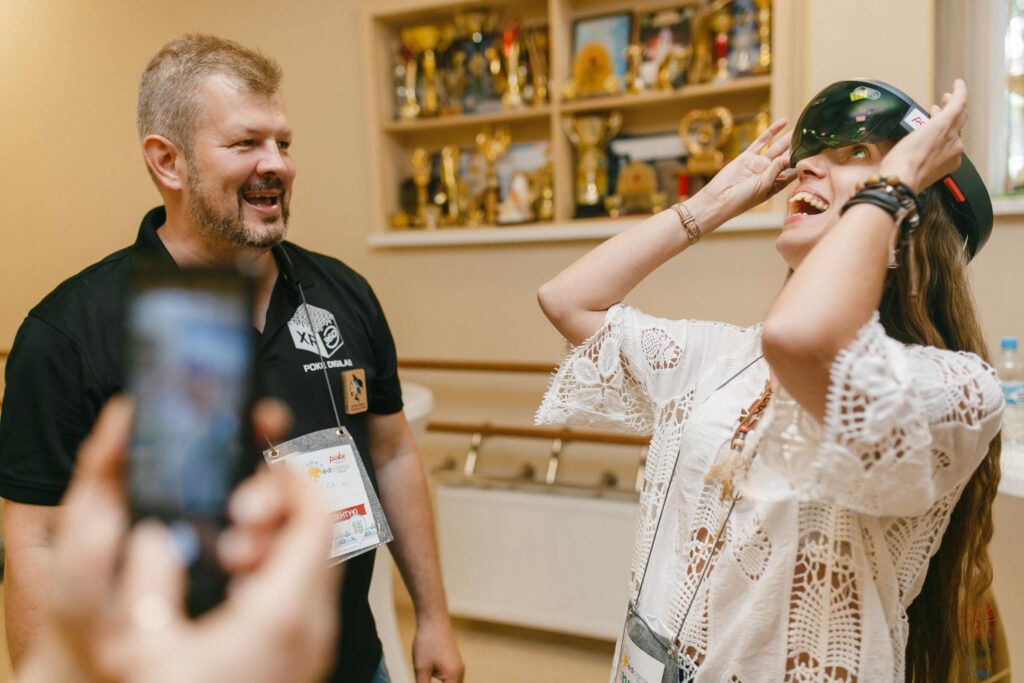
Welcome to the future of education—where technology, creativity, and collaboration unite to shape a brighter tomorrow.

